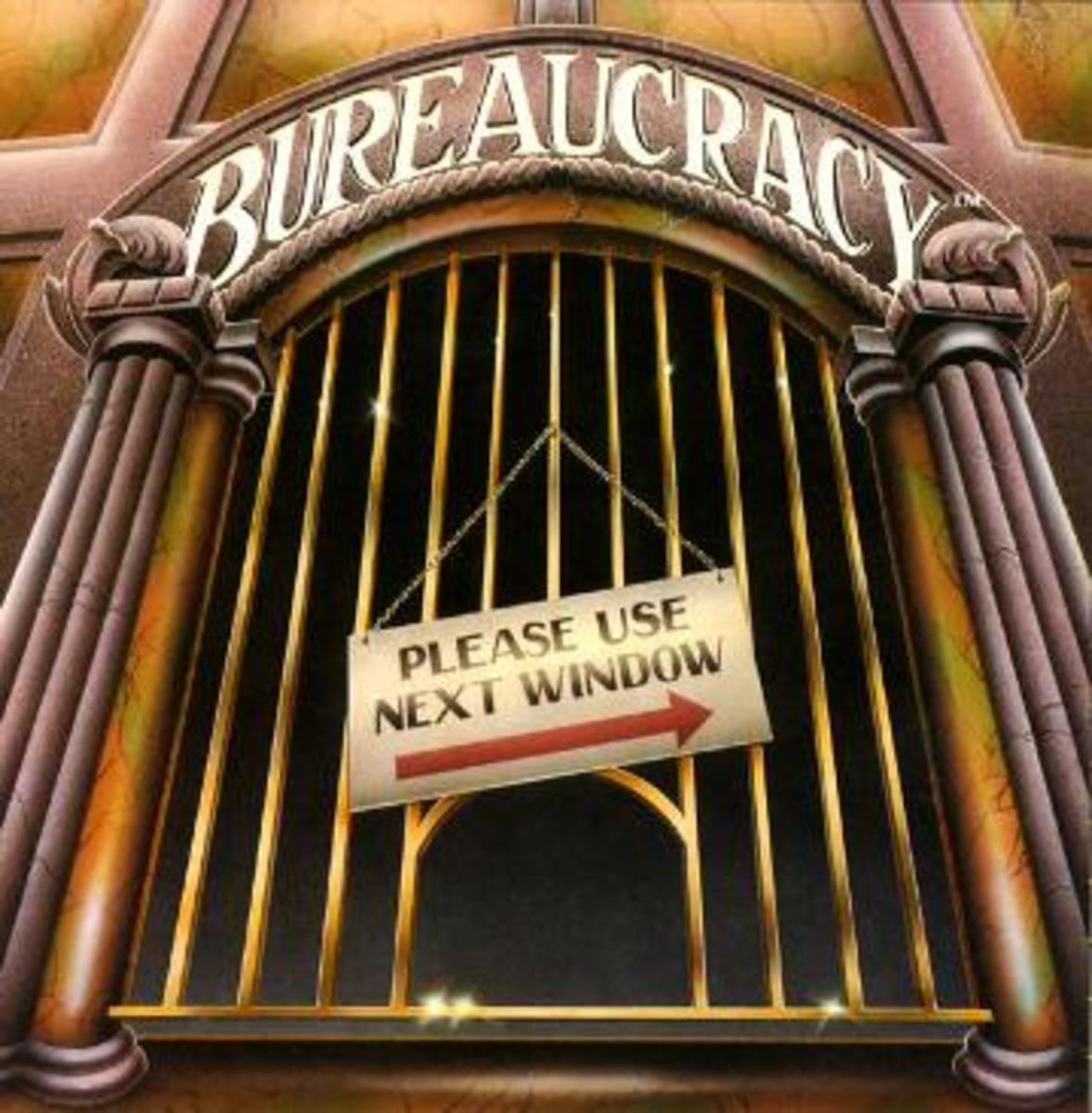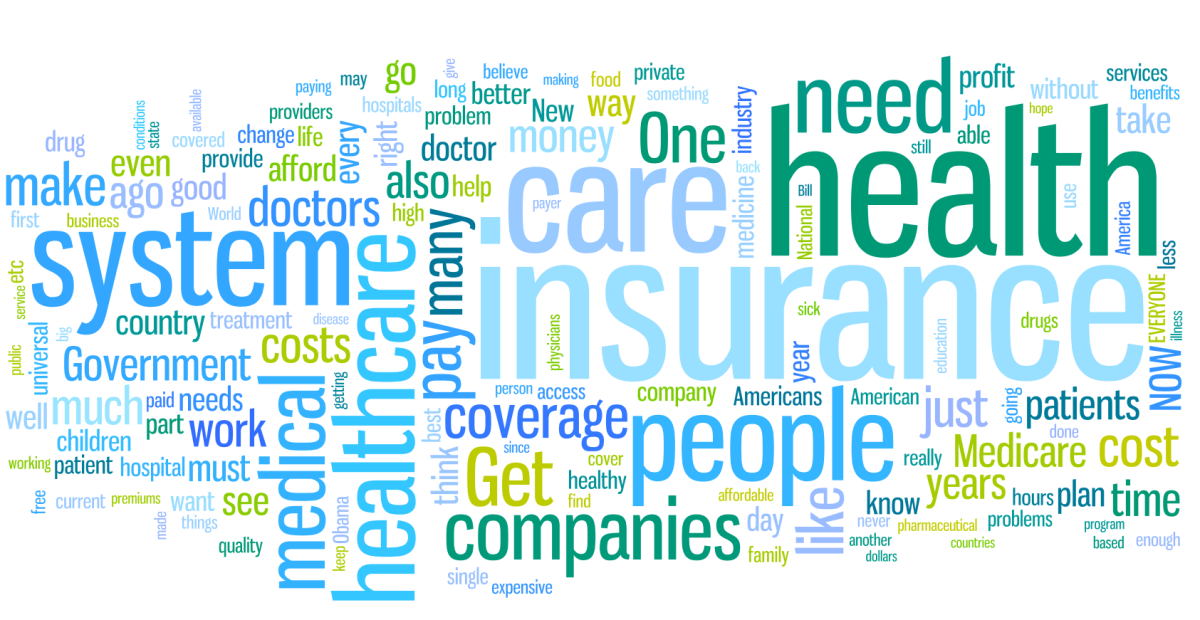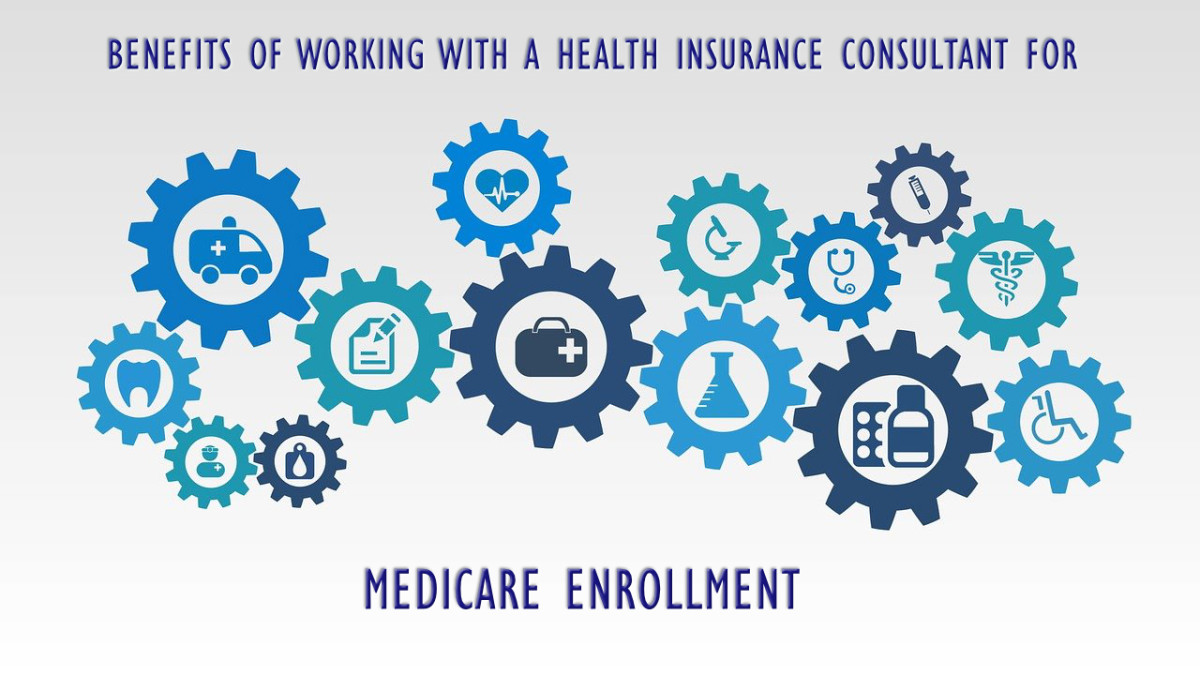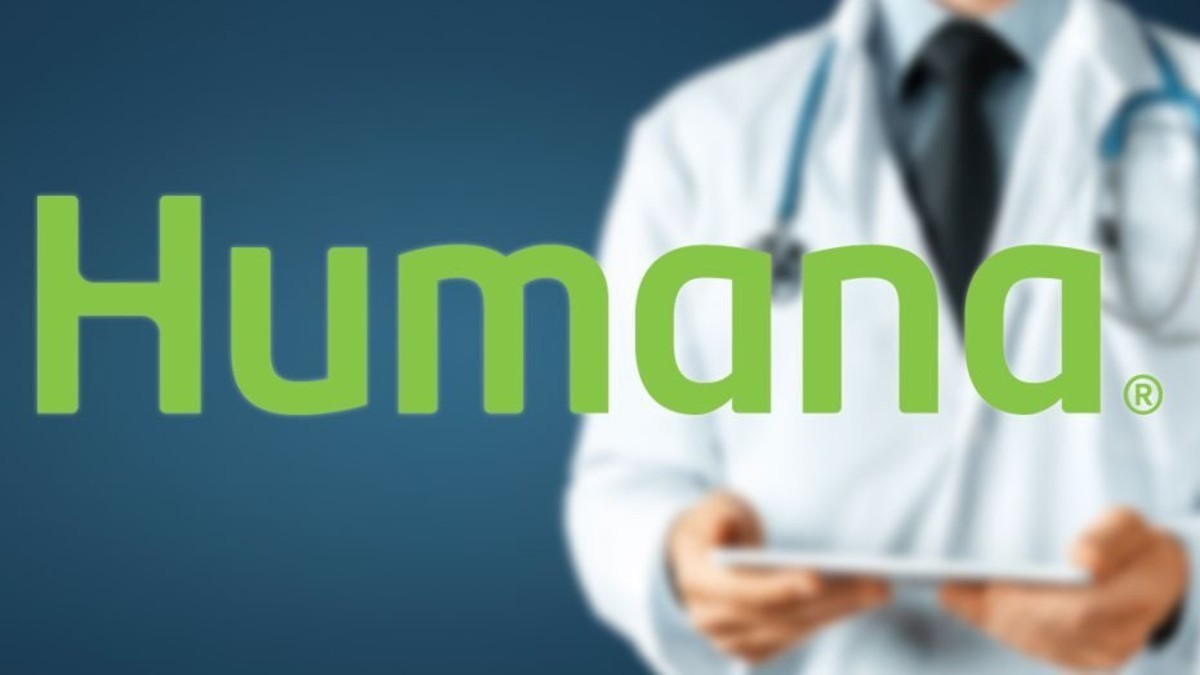What Does the 2014 Affordable Health Care Act Mean for You?
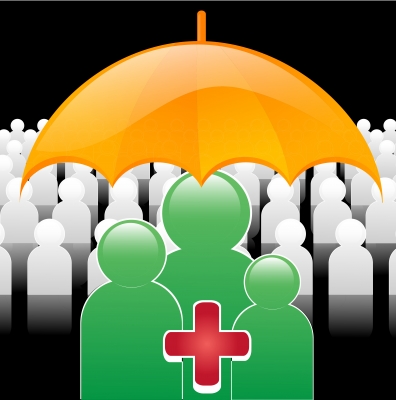
Your Rights
Click here to read about your rights and what this new law does to protect you.
Click here to read about the minimum coverage the healthcare.gov Marketplace (and your health insurance company) should provide to you at an affordable rate.
What The Affordable Health Care Act Actually Says
Published November 11, 2013 by Mary McShane
First, if you are covered by an employer, are on Medicaid, receive government assistance, or are on Medicare and pay your Part B premiums, most of this law has little or no effect on you outside of receiving extra help with certain medical costs. This law is directed primarily at working class people under retirement age who are not covered by any health care plan (or an affordable plan).
Although the Affordable Health Care Act was signed into law in 2010 and certain initiatives and incentives were implemented along the way up to present day, it wasn't until October 2013 that the public started to understand the full impact of the law and what it means to them, personally.
The crux of the law is that as of January 1, 2014, the Affordable Health Care Act "requires" every United States citizen (with a few exceptions) to be covered on some type of health insurance plan. That means "before" January, the government wants you to have your ducks in a row.
Now. Not wait until January 2, 2014.
Click here to read the full document from the Department of Health and Human Services website. If that is too overwhelming, all is not lost.
This hub will provide you with the "Cliff notes."
What Does Not Qualify As Health Insurance
If you think you will get out of paying the fine because you have vision or dental insurance (and not health insurance), think again.
Workers' compensation, insurance like AFLAC which cover a particular disease or discount plans for medical services do not meet the requirement as "qualifying health insurance."
What You Are Required To Do
Although the law has many good points, the one thing that rang loudest to almost every citizen is that the United States government is "requiring" every middle-income citizen under age 65, (who is not otherwise covered by an employer, Medicaid or Medicare) to purchase (acquire) health insurance.
And by hook or crook, they are going to enforce it. How? By fining you, of course!
If you do not have health insurance (either through your employer or through approved health care providers), the United States government will fine you (actually I see it as a tax, which is what the government does best).
The fine is one percent of your annual income up to $95. If you have children, the additional fine will be half that amount for each uninsured child - that's $47.50 each. The highest fine (tax) a family of any size would pay in 2014 is $285.
The literature skips over the year 2015 for fines and requirements. I guess that will be added as they fine tune the law later.

Deadline Extension
But in 2016, if you still don’t have health insurance, the fine will be 2.5 percent of your income or up to $695 per adult, and half the amount for each child - $347.50 per child.
You won’t have to pay the fine up front in cash. It will be shown as a tax on your 2014 income taxes, which you file in 2015. Taxes are the language of our government.
I see the threat of a fine (i.e.a tax) by January 1 as a scare tactic because in all actuality, there is a "Hail Mary pass or two" here to delay (not ignore) the process:
1) You have until March 31, 2014 to apply, get accepted and show proof of insurance. If you enroll in a plan by March 31, 2014 using the Marketplace, you won’t be fined for any month up until your coverage began. So, if for example, you enroll exactly on March 31, 2014, that means your health care coverage won't start until May 1, 2014. The website says ONLY if you enroll through the Marketplace, so don't overlook that - it might be considered fine print. Because you didn't have insurance earlier in the year, the government will not fine you for the months up until May. Isn't that nice? (sarcasm implied)
2) If you have a qualifying life event which prevents you from applying for and acquiring health insurance by the deadline, you won't have to pay the fine, but you still have to get health insurance during a "special enrollment period." The government has all kinds of "help" to offer as long as you comply with their end result. To the government, a qualifying life event is any change in your life that keeps you from being able to apply by deadline. For example,
- changes in your income (assuming decrease, not increase!)
- moving to another state during enrollment period
- if you marry, divorce, adopt or have a child where your family size has increased in some way
- unexpected loss of services like Medicaid or Medicare
This law is supposed to keep insurance companies compliant with cost regulation to each consumer and so people are not denied insurance for any reason.
But it is also supposed to put you, the consumer, back in the driver's seat when it comes to choosing your health insurance company, your coverage, your cash outlay (premium payments, copays, caps on maximum annual cash out of your pocket, etc.) and your medical care providers. But the question begs to be asked... with the government making demands on you in the form of requirements, where non-compliance results in a fine, are you really in charge?
To Pay Or Not To Pay
Given the rather small amounts of the fines, do you think people will just pay the fine each year?

How To Apply
If you use the Health Insurance Marketplace website, chances are you will have to go an extra step (or two or three) in addition to making an application there on the site. The website just cannot handle the demand and it crashes often. Be prepared to speak to a customer service representative at some point in the process.
Here are the ways the website says you can apply for health insurance:
- with a paper application with the company listed on the healthcare.gov Marketplace website
- online, either using the Marketplace or going directly to the company's website
- by phone to the Marketplace or calling the company direct,
- in person at a local office
Are You Self-Employed?
If you own a business that makes money, have no employees (independent contractors don't count as employees), and do not have a boss, you are considered self-employed. And - you still have to buy health insurance.
Click here if you are self-employed to get an idea of the plans.
If You Pay For Insurance Through Your Employer
If you are contributing to an employer based plan for health insurance coverage just for you (not your whole family), you might want to check the prices out with the plans on the Marketplace to see if what you are paying falls in line with what the government considers "affordable" per your annual income level.
If you are paying more than 9.5 percent of your annual income toward health care for just yourself, it is listed as "not affordable." In addition, for the plan to be considered "affordable," the plan must cover you at least 60 percent and your end should not be more than 40 percent per covered incident.
Ask your employer to help figure out if the plan your employer offers is the best plan for you financially, using the 60/40 model.
For the employee: To see how your employee contribution compares to your employer's contribution for your "family coverage", here is a breakdown state by state.

What Kind Of Plans Do They Have?
Click here to see what types of plans are offered at healthcare.gov Marketplace.
How Much Is This Going To Cost Me?
If you are wondering what this is going to cost you in dollars and cents, they have a nifty tool on their website that will guestimate how much you could possibly spend on health insurance after you enter your information. However, be prepared for that to have a glitch too because of system overload.
Click here to use a tool that can give you a ballpark idea of what insurance will cost when purchased through the Marketplace.
Click here to see if you even qualify to save money on your health insurance (income limits).

Fact Sheets
What the Affordable Health Care Act means to:
Asian Americans and Pacific Islanders
American Indians and Alaska Natives
What it Means for Rural America
Preventive Services Covered Under the Affordable Care Act
What Repealing the Affordable Care Act Would Mean for Middle Class Families
The Affordable Care Act and Immunization
Source: http://www.hhs.gov/healthcare
Do I Qualify For Help?
There are people who inevitably will be able to quality for just about any extra help and the government has a whole passal of programs to offer.
Some low-income people, families and children, pregnant women, the elderly, and people with disabilities can qualify for Medicaid. Each state has to follow the federal guidelines, but they are allowed to put their own spin on them to adapt the programs to their own state.
Click here to see if you qualify for Medicaid, enter your state and follow the links. Because it is a federal website, if it fails to give you the requested information, contact your local agency.
You may qualify for a subsidy, but there is a hitch or two, of course.
1) You MUST enroll in insurance coverage through the healthcare.gov Marketplace exchange.
2) If the exchange decides you are eligible for a subsidy based on information you provide regarding your expected 2014 annual income, your subsidy will come in the form of a tax credit which will be paid, not to you like a rebate, but directly to the insurance company.
Just to be clear, in this case, a tax subsidy is not money that physically comes to your wallet. It is a credit given to your insurance company so they can lower the cost of your monthly premium.
Click here for the subsidy calculator. Enter your income level, your age, and your family size to see what subsidies you may qualify for and how much you could spend on health insurance.
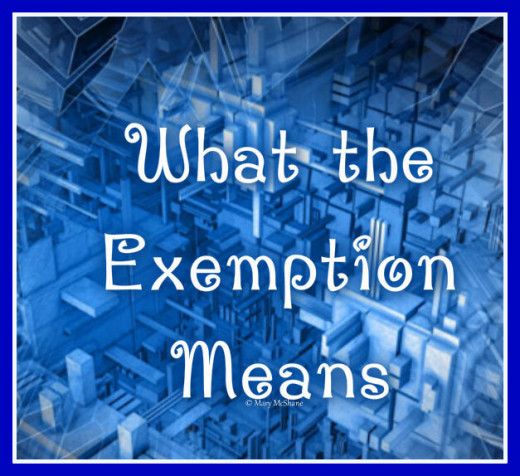
I Want An Exemption!
There are some people who don't want to, or cannot, pay the fine (tax) and they will want an exemption from the fine.
The fine is being referred to as your "individual responsibility payment," "individual mandate," or a "penalty." Of course, if you have been with me on this hub up till now, you know I call it a tax. If the government is going to require me to put it on my income taxes when I file, no matter how they sugar coat it, it is a tax. There are readers who will disagree with me, and I am fine with that, no pun intended.
Click here to read about exemptions and who qualifies. Scroll to bottom to read about how to apply for exemption due to "hardship."
If this hub helped you understand the new health care laws, please give the hub your rating.

This content is accurate and true to the best of the author’s knowledge and is not meant to substitute for formal and individualized advice from a qualified professional.
© 2013 Mary McShane

